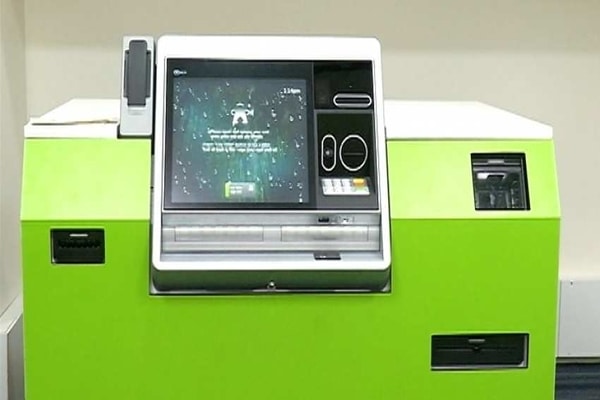Reliance Jio Infocomm has taken a contradictory stand to Vodafone Idea and Bharti Airtel on the issue of international roaming tariffs, further underlining spreading the fault lines in the industry. While Jio has told the sector regulator that carriers who are offering extremely divergent standard rates versus pack tariffs for international mobile roaming (IMR) services must be pushed to rationalize this structure, Vodafone Idea and Bharti Airtel rejected any such need, saying this was in consumers’ interest.
The Telecom Regulatory Authority of India (Trai) in May had floated a consultation paper on ‘Regulation of International Mobile Roaming Services’, pointing at the significant divergence between standard rates and pack tariffs, among several other issues that lead to bill shocks to consumers on international roaming.
For instance, telcos offer a standard rate of ₹90 per minute for incoming calls while roaming in the US and calls to India cost ₹180 per minute. But one-day pack with unlimited incoming calls and 100 minutes of calls to India is being offered at ₹575, Trai said in its paper, which was for open to comments from stakeholders till 7 July.
“Even a cursory glance of tariff offerings of all the TSPs (telecom service providers) show that standard rates are significantly higher than the rates offered under the IR (international roaming) packs,” Trai added.
But all three telcos rejected the idea of any regulation on international tariffs and asked the authority not to intervene in the complex IMR tariff construct which involves bulk tariff negotiations with multiple foreign operators.
Vodafone Idea, in its response to the paper, said that these charges “have strong economic/commercial rationale to merit such a distinction” as they are offered to suit the usage needs of different types of customers. “In case of prepaid customers, out of actual roamers, 80% are on standard rates and only 20% are on IR packs,” the telco said.
On its part, Bharti Airtel said that under its ‘Roam without fear’ feature, the telco bars data usage whenever a customer exceeds his daily pack limit to prevent accidental usage, while others you use below the limit pay as per standard rates. Thus, “rationalization of standard rates doesn’t impact the customers as they are already protected by us”.
As per analyst estimates, Jio’s revenues from international roaming are less than half of that of Airtel and Vodafone Idea.
In the paper, Trai was also concerned about the automatic activation of roaming because background data usage by installed apps may cause bill shock to users who are not using the phone actively in a foreign land.
Bharti Airtel recommended that IMR service can be kept inactive for postpaid SIMs as these customers check their usage after the bill is generated and are prone to bill shocks, but not for prepaid SIMs where a user pre-pays an amount, according to the subscribed pack of their choice.
Jio said it keeps such service inactive for all users until requested by the user or selection of an IR pack whereas Vodafone Idea said it does so only for its postpaid users and no mandate is required for prepaid SIMs.
Trai had also asked whether the IMR tariff be counted on 24-hour format at first instance of using voice/data/SMS service by a customer rather than a calendar-day format. Telcos argued that such a non-standardized approach will be chaotic to implement and an unaware customer might end up facing more bill shocks.
The telcos also told Trai that they are already following some of its suggestions, such as automatically activating a daily IR pack when standard usage exceeds that limit, and informing customers on reaching 50%, 80%, 90% and 100% usage of their subscribed pack entitlements. These practices do not require any mandate by the authority, TSPs said.











